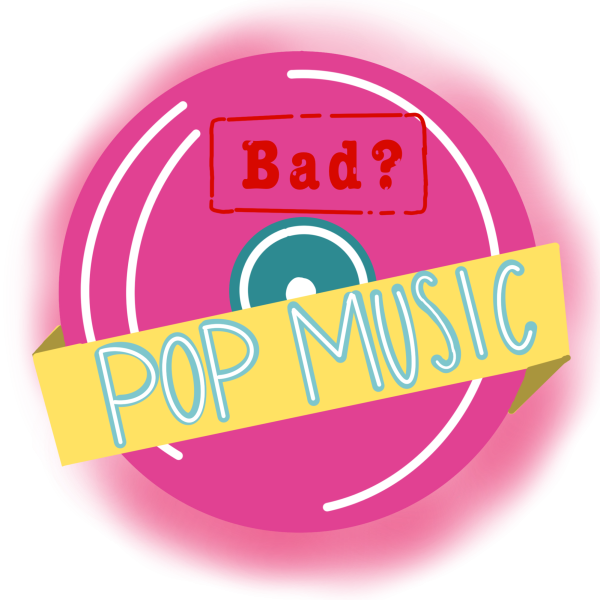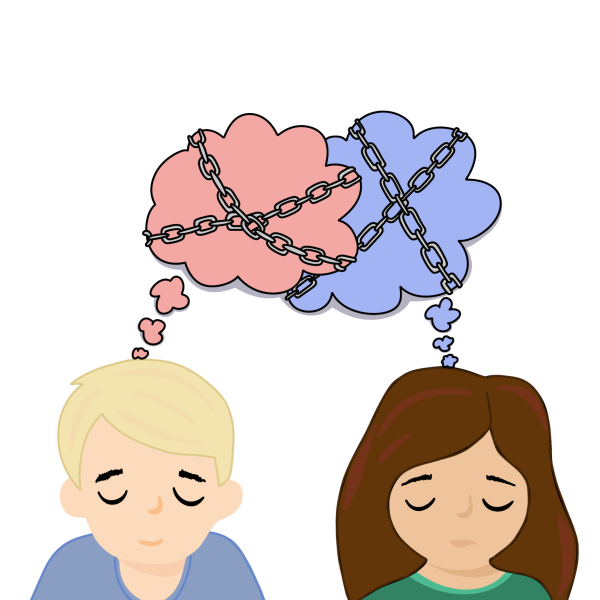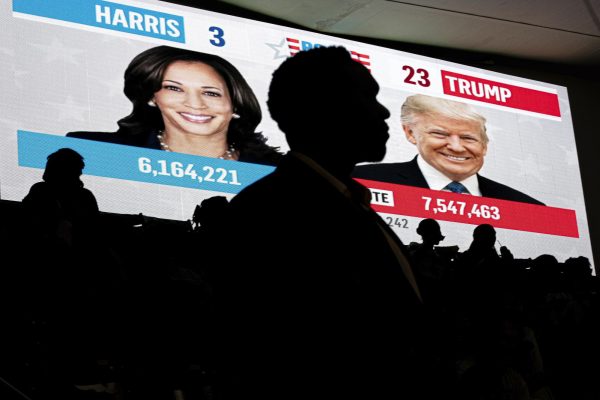America Needs to Rethink its Drinking Age
On Christmas Eve of last year, I had a small family dinner with my parents. As part of the holiday spirit, our waitress brought out two glasses of champagne – and a glass of sparkling cider. The notion was cute and tactful, sure, but being treated like a child irritated me, as it would most people. Of course, it was hardly the restaurant’s fault. Serving alcohol to someone who looks to be hovering around 20-years-old can easily get an establishment fined or result in its alcohol license being revoked. Both of these make government stings a frequent occurrence to ensure that alcohol servers keep in line, and that those who don’t face the consequences. We’re now 34 years into the drinking age in America being 21. America’s drinking age is older than any nation in North America, South America, Europe, and East Asia, on par with Indonesia, Pakistan, and Kazakhstan, and beaten out by Iran, Saudi Arabia, and Sudan. With ample time to figure out just how the United States’ uncommon policy towards alcohol has affected national culture, just what has it gotten us?
For starters, it has gotten us a binge drinking rate of 27 percent. In other words, almost a third of Americans above the age of 18 binge drink at least once per month, a trend that results in 88,000 deaths from alcohol abuse every year, which each year costs a total of $249 billion in damages and healthcare expenses. Over 75 percent of it was due to binge drinking. In Iceland, where the drinking age is 20, the rate of binge drinking is down nearly a third from the U.S. at 22 percent. In Canada, where the drinking age is generally 19 with the exception of one province, the rate of binge drinking is down about half of the American numbers at 18 percent. And in France, where the drinking age is 18, ‘binge drinking’ is a brand-new addition to their vocabulary, imported from American culture. Their rate of binge drinking is less than a third of the American rate – an absolutely miniscule 8 percent.
It’s a common joke across Europe that Americans are “underdeveloped,” and this seems to be a government-sanctioned mind set. At 18-years-old, you’re legally eligible to serve on the front lines of brutal guerilla wars half the world over, or act in depraved pornography to be sold online, but a glass of champagne on Christmas Eve? That’s unacceptable for a mere child of 20. The notion that raised the drinking age to 21 in 1984 was a noble one; the theory was that, by preventing young adults from access to alcohol, alcoholism and drunk driving rates in the U.S. would take a hit. In reality? You can see for yourself. Colgate is a college campus, one of the best in America, where some of the brightest young minds come together. Part of this weekly publication is the Blotter, a record of all incidents recorded by Campus Security and the Hamilton Police. Take a break from this article and turn to it now. I haven’t read through the Blotter for this week, but I can guarantee you that in our campus of 2,922 students, at least one person was hospitalized in the last week for alcohol poisoning. Based on Blotter statistics alone, there were 151 alcohol related infractions on campus from the 2015-2016 academic year.
The reality is that we live in a culture of alcohol abuse, and it’s directly driven by a disassociation between when we consider someone an “adult” and when they’re “mature.” It is ridiculous – and outright unethical – that American culture considers 18 the age of adulthood, yet demands complete abstinence from alcohol, which is a fundamental and integral part of not only American, but global culture. In practice, this legislation has resulted in a culture where the adolescent experience with alcohol stems from house parties, fake identification and theft. Acquiring alcohol is almost easier for a 16-year-old in America than in France, because the American is better at lying and stealing. These laws have fostered a culture where even those without experience with alcohol and drugs from high school are launched into college at age 18 and find themselves in a hospital bed a week later after trying to drink an entire handle of vodka at a frat house.
This is a culture that we’ve fostered, and it’s one that needs to stop. The way to handle addiction and abuse is not and has never been prohibition; it didn’t work in the twenties and it doesn’t work today with substance laws of 21 and a drug war that costs American taxpayers $50 billion each year for the pleasure of financing an opioid crisis and Columbian cartels. With marijuana legislation across the United States being passed with the same ridiculous and unethical age restrictions, it’s well past time to start agitating for change that means something. The only way the crisis of American addiction will ever be handled is if we start treating the primary victims, young adults, as what they are, adults, instead of overgrown children in need of just a little more protection.
Contact Max Goldenberg at [email protected].





